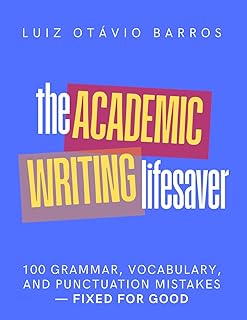Almost 200 university professors and lecturers, including esteemed academics, have expressed concerns over government proposals linking research funding to diversity initiatives on campus. They argue that these plans could jeopardize academic freedom and research integrity by prioritizing ideological criteria over scholarly pursuits.
The existing Research Excellence Framework (REF) currently allocates £2 billion annually based on research output, impact, and environment. Critics argue that the emphasis on diversity and inclusion in the proposed changes could lead to universities prioritizing compliance over genuine academic exploration.
Under the new system, universities would need to demonstrate a robust commitment to equality, diversity, and inclusion to secure funding. This would involve showcasing efforts to support underrepresented groups and promote EDI principles throughout their institutions.
Signatories, including Nobel laureate Sir Gregory Winter and prominent Oxford and Cambridge professors, have raised objections to the lack of consultation and transparency in Research England’s decision-making process. They argue that the proposed criteria could undermine research quality and autonomy within academic institutions.
In a letter to the government, academics highlighted concerns about the effectiveness and impartiality of EDI training programs, questioning the validity of making research funding contingent on specific approaches to diversity initiatives. They emphasized the importance of upholding academic freedom and resisting undue influence on research priorities.
The briefing document accompanying the letter criticized the composition of the assessment panel tasked with evaluating EDI efforts, raising doubts about the panel’s objectivity and expertise in promoting research excellence. The document called for universities to adhere to existing equality laws rather than being subject to additional regulatory measures.
Advocates for intellectual freedom, such as the Free Speech Union, support the academics’ stance, arguing that universities should be evaluated based on scholarly merit rather than ideological conformity. They caution against the potential misuse of diversity policies to stifle open discourse and suppress dissenting viewpoints.
The ongoing debate underscores the delicate balance between promoting diversity and safeguarding academic freedom within higher education institutions. As universities grapple with evolving societal expectations, the need to uphold rigorous academic standards while fostering inclusivity remains a pressing challenge.
In an era marked by heightened scrutiny of institutional practices, the intersection of diversity initiatives and intellectual autonomy raises complex questions about the future of academic research and innovation. Navigating these tensions requires thoughtful deliberation and a commitment to upholding the core principles of scholarly inquiry.
📰 Related Articles
- University HDR Students Access Varied Funding for Research Support
- Goldsmiths University Art Research MPhil/PhD Program: Funding Deadlines & Opportunities
- Vanderbilt University Empowers Neurodiverse Scholars in Autism Research
- University of Waterloo Students Explore Mitacs Funding Opportunities
- University of Surrey Seeks Research Assistant in Poultry Acoustic Research






